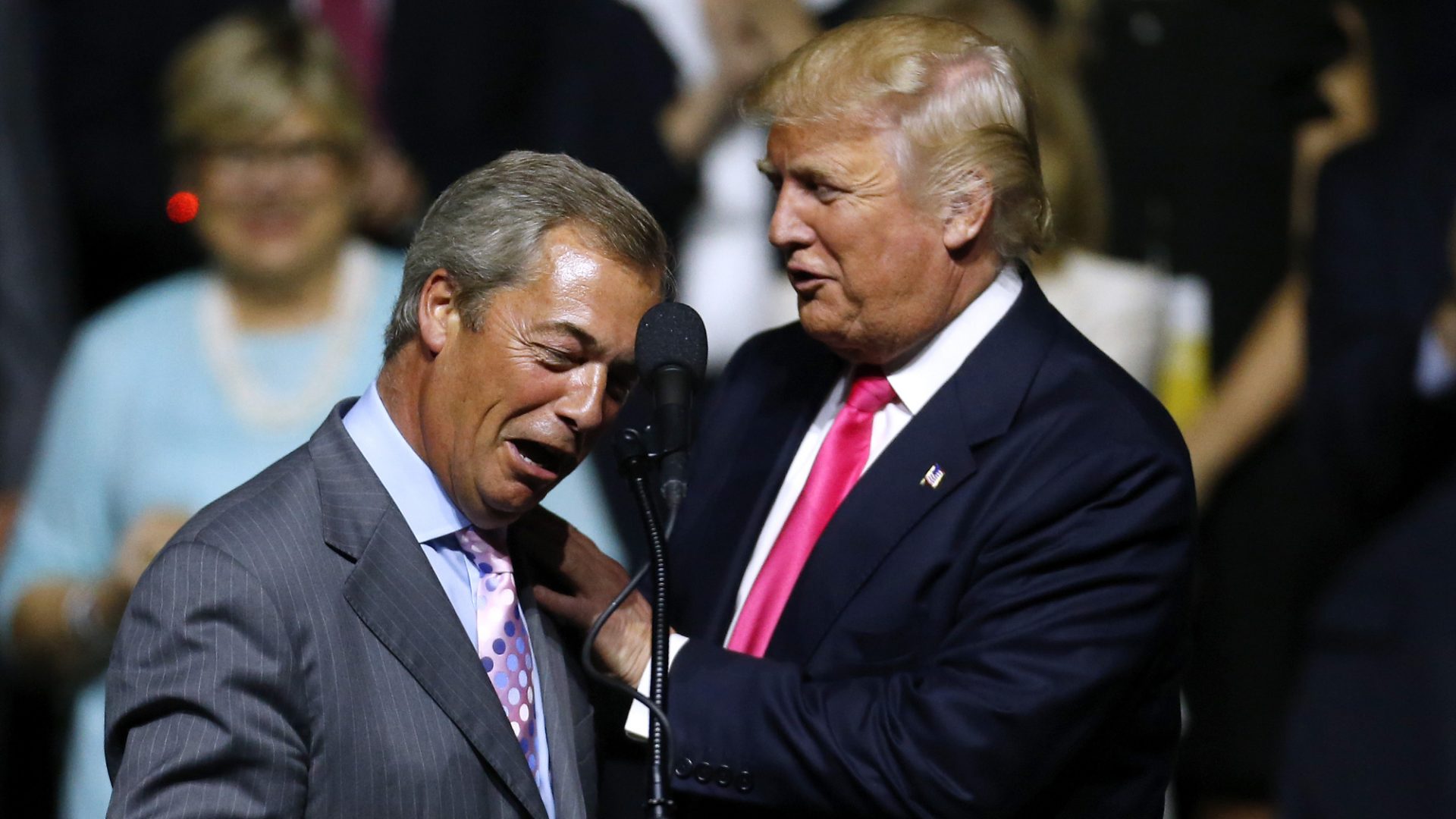“Sweat” may not be the most enticing title for a play, but in 2017 it was awarded the Pulitzer prize for drama. Little over a year later, London’s Donmar Theatre staged its own production of this mesmerising glimpse of life in America’s rust belt. Being one of the lucky few who could get a ticket and squeeze into the tiny Covent Garden theatre, I was indelibly affected by the play’s core message.
Donald Trump may not appreciate theatre, but the central lesson of Sweat is one that he has certainly absorbed, and is now pivotal to his presidency. It goes a long way to explaining his enthusiasm for tariffs and why a significant proportion of voters will be cheering him on, no matter the havoc he has caused on international markets. They feel they have been abandoned, and Trump is here to rescue them.
The main characters in Sweat work in a steel factory and are anxious about its future. It makes them nervous about their prospects and wary of outsiders. They provide an eloquent snapshot of the emotions that led to Trump’s second term.
Promising to bring manufacturing back to the US by loading international competitors with tariffs is a short-term sop to the people who have suffered from globalisation. The message from Sweat is that politicians need to do a great deal more to look after those people who are, for whatever reason, not equipped to prosper in the modern world. And that is the case not just in the US. It seems the UK’s position has been to relegate a significant number of these people to a life on benefits, whereas many of them simply need help to find a new sense of purpose.
But, while there are still areas of the UK where manufacturing is an important employer, and Trump’s tariffs would hit them hard, the much greater hit would come if Trump were to move his attention from exports and trade to the services sector.
According to the latest figures from the Office for National Statistics, the trade in goods between the US and UK was close to balancing, with UK sales exceeding purchases by just £2.5bn. (For reasons clear to the statisticians, the US figures include Puerto Rico, but that probably doesn’t make a big difference.) However, when it comes to services the UK is, for now, the outright winner. In 2023, UK imports of services from the US were almost the same as those of goods, at £57.4bn. But exports of services from the UK to the US reached a whopping £126.3bn.
The City was a major beneficiary. UK-based financial services and businesses are widely used in the US and British spin-doctors are popular across the Pond; PR services are one of the major components in these exports.
Putting together trade figures is a complicated exercise, with classification inevitably being as much an art as a science. While Trump sees things only in one dimension, the fact is that a car, for instance, consists of parts and materials accumulated from many different countries. The firms providing services often have branches in several countries and might employ an international team when dealing with a single US-based client.
The 10% tariff on goods will be painful, but nowhere near as painful as a similar tariff on services. The squealing from the City would be much louder than anything we have heard so far from manufacturing.
Britain’s manufacturing base is already quite small, and successive governments have done nothing to address that. Scotch whisky, Welsh lamb and some important pharmaceuticals may be life-enhancing, but they don’t add up to self-sufficiency. But even a country with the scale and resources of the US will struggle to get close to the sort of independence in goods that the US president seems to have in mind.
Were he to look beyond the headlines – admittedly a big ask – Trump would see that while the US does have an appetite for British cars, it spends far more on pharmaceuticals and chemicals from the UK. Bumping up the cost could be a dangerous move, but that is hardly likely to have featured in any advance planning.
For now, the Donald can revel in his power and rejoice in his headlines, but the US public may very quickly realise they are paying a high price for his egotism. Meanwhile, in the interests of preserving the highly paid jobs in the services sector, the UK government must try to humour the toddler tyrant.




